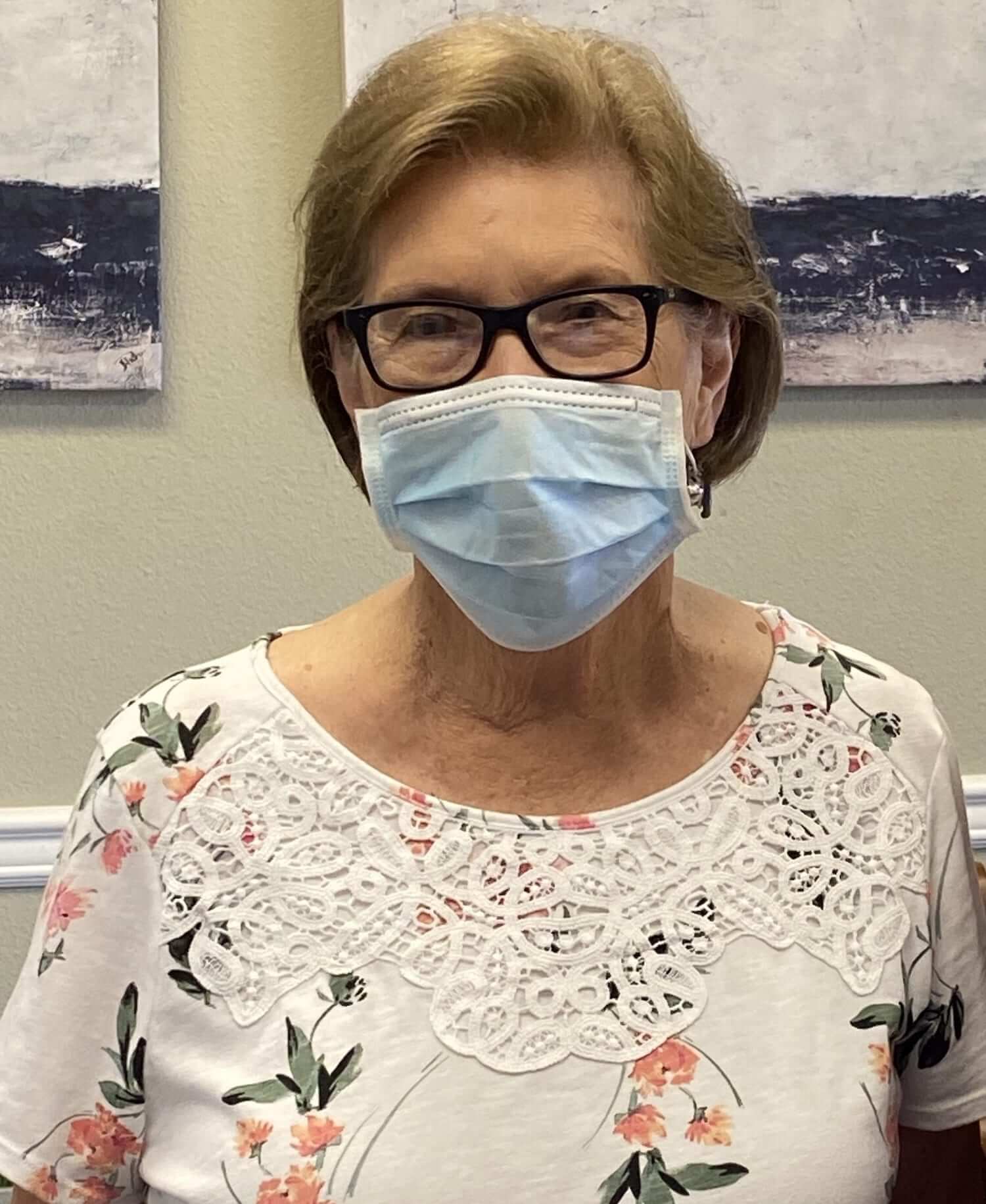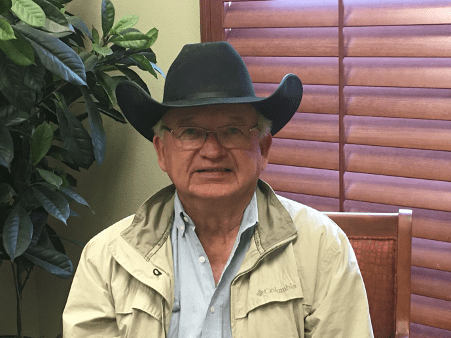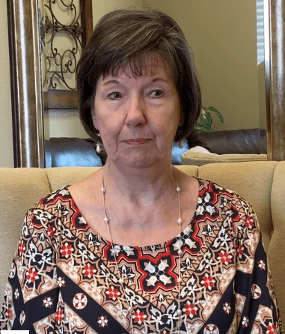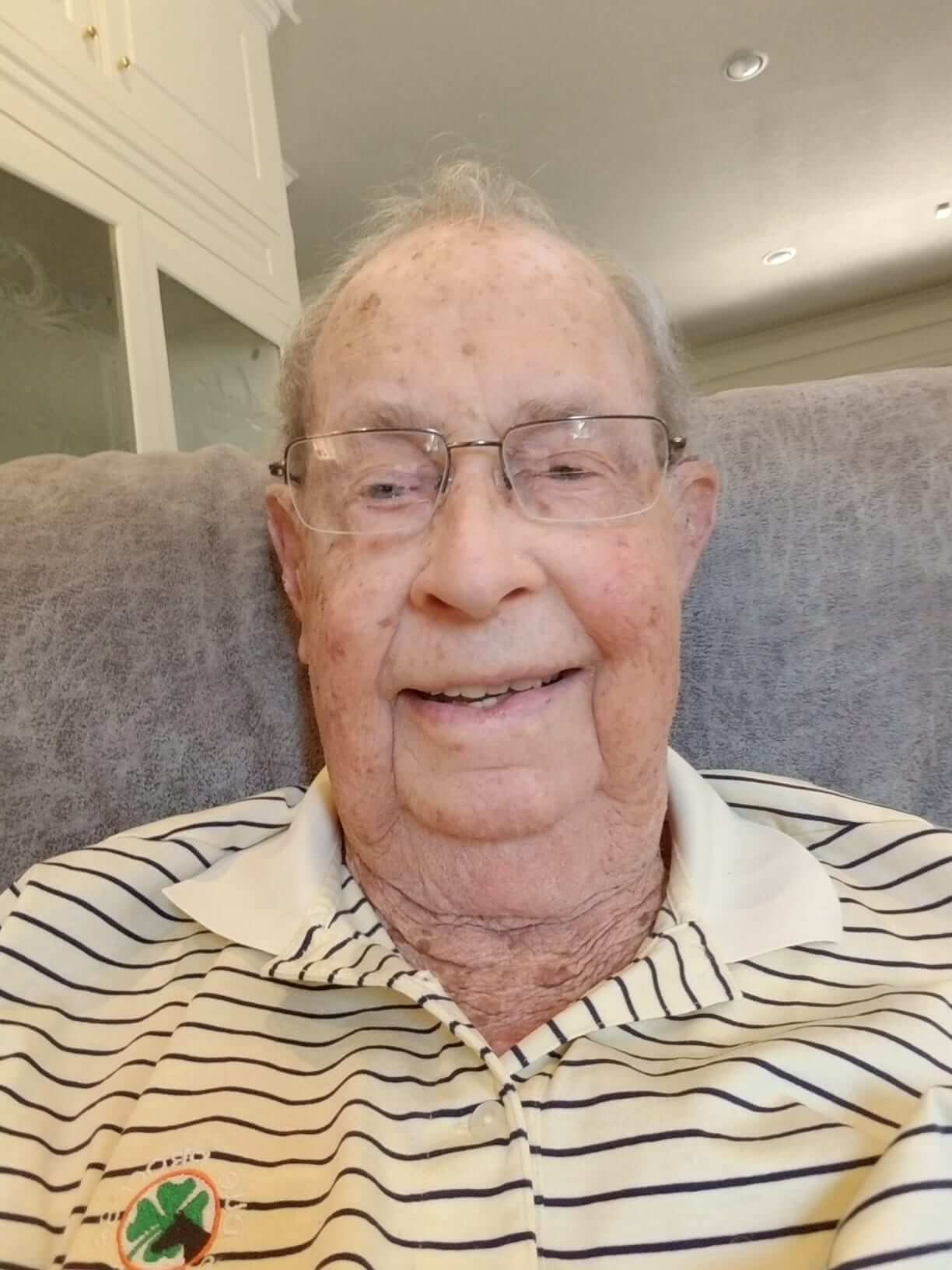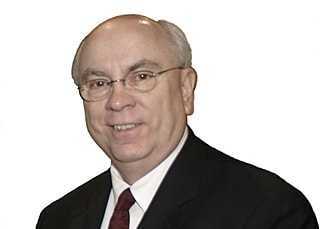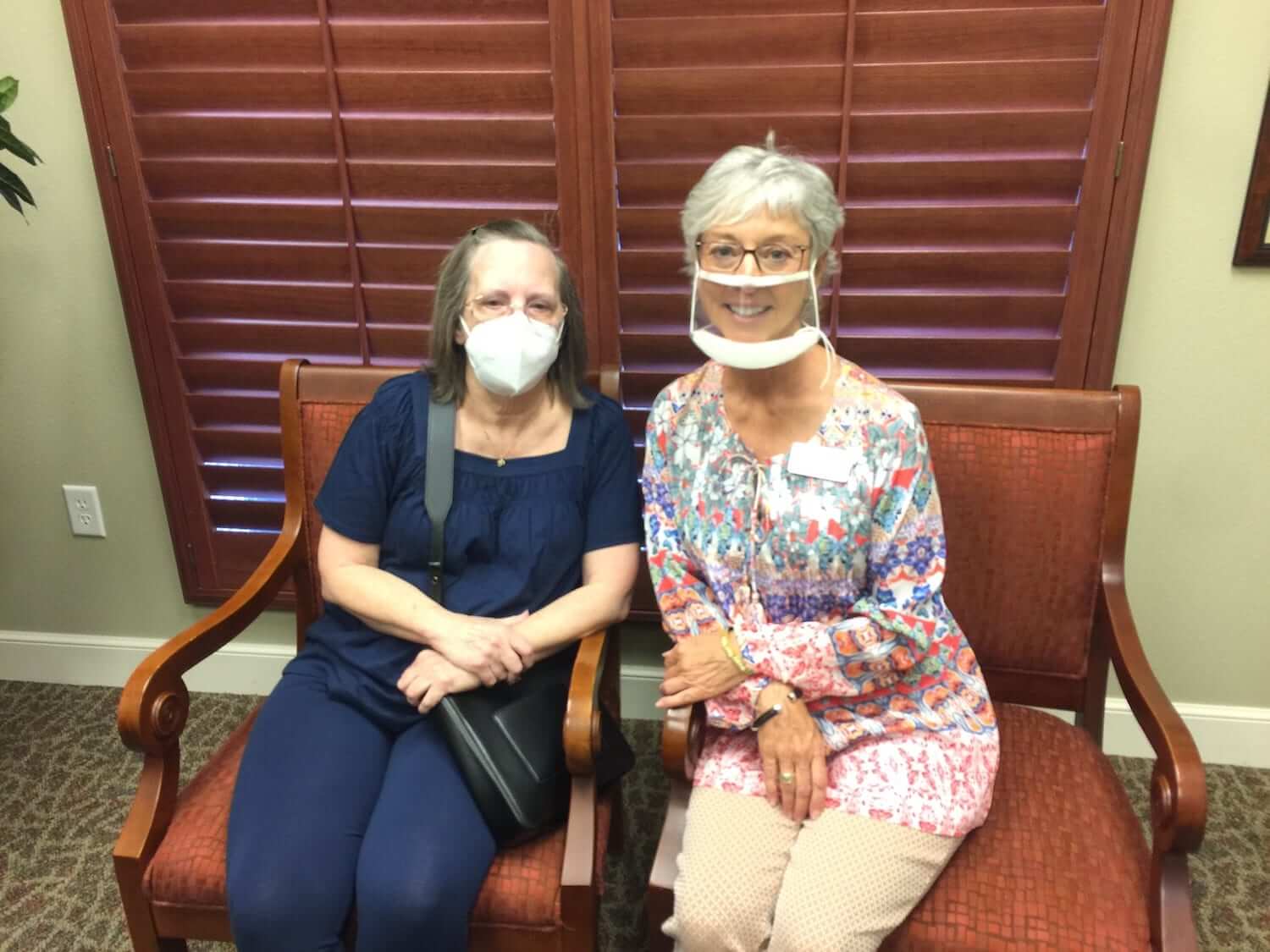One of MIT’s latest press releases is generating a lot of interest in the hearing healthcare community and beyond. It’s about a new therapy that’s in trials to see if it can reverse hearing loss.
MIT’s Press Release
The biotechnology company Frequency Therapeutics is seeking to reverse hearing loss — not with hearing aids or implants but with a new kind of regenerative therapy. The company uses small molecules to program progenitor cells, a descendant of stem cells in the inner ear, to create the tiny hair cells that allow us to hear.
Hair cells die off when exposed to loud noises or drugs, including certain chemotherapies and antibiotics. Frequency’s drug candidate is designed to be injected into the ear to regenerate these cells within the cochlea. In clinical trials, the company has already improved people’s hearing as measured by tests of speech perception — the ability to understand speech and recognize words.
In Frequency’s first clinical study, the company saw statistically significant improvements in speech perception in some participants after a single injection, with some responses lasting nearly two years.
The company has dosed more than 200 patients to date and has seen clinically meaningful improvements in speech perception in three separate clinical studies. Another study failed to show improvements in hearing compared to the placebo group, but the company attributes that result to flaws in the design of the trial.
My Opinion
This kind of news is always very exciting. I think we are closer now than we ever have been to seeing a regenerative drug or solution for hearing loss within our lifetime.
Some of the most recent research on hearing healthcare has led us to establish the relationship between cognitive decline and hearing loss, helping millions of people become more aware of the long-term effects of delaying or neglecting hearing treatment.
This has meant that our Holland Hearing Center team can help our patients in a more comprehensive way – by making sure that we monitor cognitive health at the same time as hearing health.
This new information alone proves that the more information we learn about hearing healthcare, the better we are able to serve our patients.
MIT’s trials are fascinating. The temporary rejuvenation of hair cell growth within the cochlea is groundbreaking. However…
- It’s unclear if hearing was completely restored.
- What hearing came back?
- Has the improvement continued, or has it only been temporary?
There are still a lot of unknowns with this technique, and a lot more research will probably have to be done in the years to come before it’s made available to the public.
This is not the first study of its kind in terms of hair cell rejuvenation for hearing loss. A 2019 Harvard medical study demonstrated how reprogramming can enable the generation of hair cells, thus reversing hearing loss, so we’re excited to see more and more possibilities being researched.
If You’re Thinking of Delaying Hearing Loss Treatment For This Future Treatment…
I would caution those delaying treating their hearing loss in hopes this will be available to the public soon. While studies like this have been going on since the ’80s, this therapy is in its infancy and will more than likely not be available to the public for a long while.
Also, variables matter, such as:
- Who will be a viable candidate?
- How long will results hold?
- How expensive will it be?
- Will insurance make this a coveted service?
All these questions need to be addressed before this therapy can be taken as an alternative to traditional treatment of hearing loss.
Worried About Your Hearing?
There’s no need to ever delay assessing your hearing, and even if you’re only noticing small differences to your hearing, having a baseline hearing test result now can make all the difference to future care.
Book your hearing evaluation at Holland Hearing and we’ll be able to give you the results immediately after. We’ll also answer any questions you have about hearing care and about this and other studies of interest.
And as always, we’ll keep all our patients informed of any promising treatments that come available.







